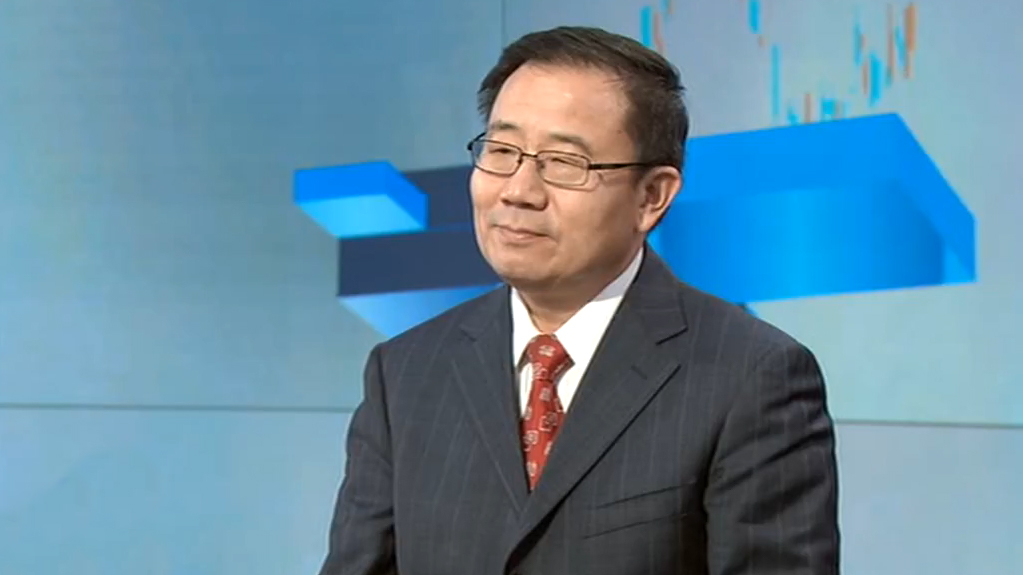03:34

With populations around the world rapidly aging, governments and society must deal with an unprecedented number of their aging who will be in need of care.
The elderly care sector, which provides senior citizens specific care services, is promising, though in China many are still finding it difficult to be profitable.
Data from the National Development and Reform Commission showed that by the end of 2018, people aged 60 or above exceeded 249 million in China, accounting for 17.9 percent of the national population. And the number is expected to peak at 487 million around 2050, or over a third of the total population.
Xinhua News Agency reported that China has 163,800 elderly care institutions and facilities offering 7.46 million beds for senior citizens as of the end of 2018.
However, elderly care businesses in China still find it difficult to make profits. One of the reasons is that for the shortage in nurses, said Professor Hu Jiye, from the Department of Finance at China University of Political Science and Law.
Hu described a big elderly care home in the southwest of Beijing with over 1,000 beds.
"But today, maybe only 300 are occupied. The others are empty," he said. From his perspective, the waste of resources was down to "not enough occupational nursing workers" as well as medical care far from meeting the elderly's needs.
The professor also mentioned that even though local governments have been taking measures to satisfy elder people, most of them are missing the "real need" of the older people.

People aged 60 or above exceeds 249 million in China, accounting for 17.9 percent of the national population.
People aged 60 or above exceeds 249 million in China, accounting for 17.9 percent of the national population.
The professor advised the market to play "a decisive role" in the resource allocation process, in the meantime expecting multinational players to bring more experiences and technologies to the country.
His expectation is based on the fact that China is pledging to further open up the elderly care market for overseas investors. The National Development and Reform Commission and 17 other government departments earlier this year rolled out a plan to fully open up the elderly care market.
"I have been to the United States and Japan to visit some elderly houses (which means elderly care homes). Their conceptual thinking and their service technology are also very good," he reminded.
China could learn more from Japan in particular, Hu told CGTN. "As we know, Japan is a more elderly society than China."
Will players make profits when the market matures? "Maybe," Hu said, adding that "with the time flying, maybe a large number of enterprises (in the industry) can meet their consumers' needs."
(Wang Yue also contributed to the story.)